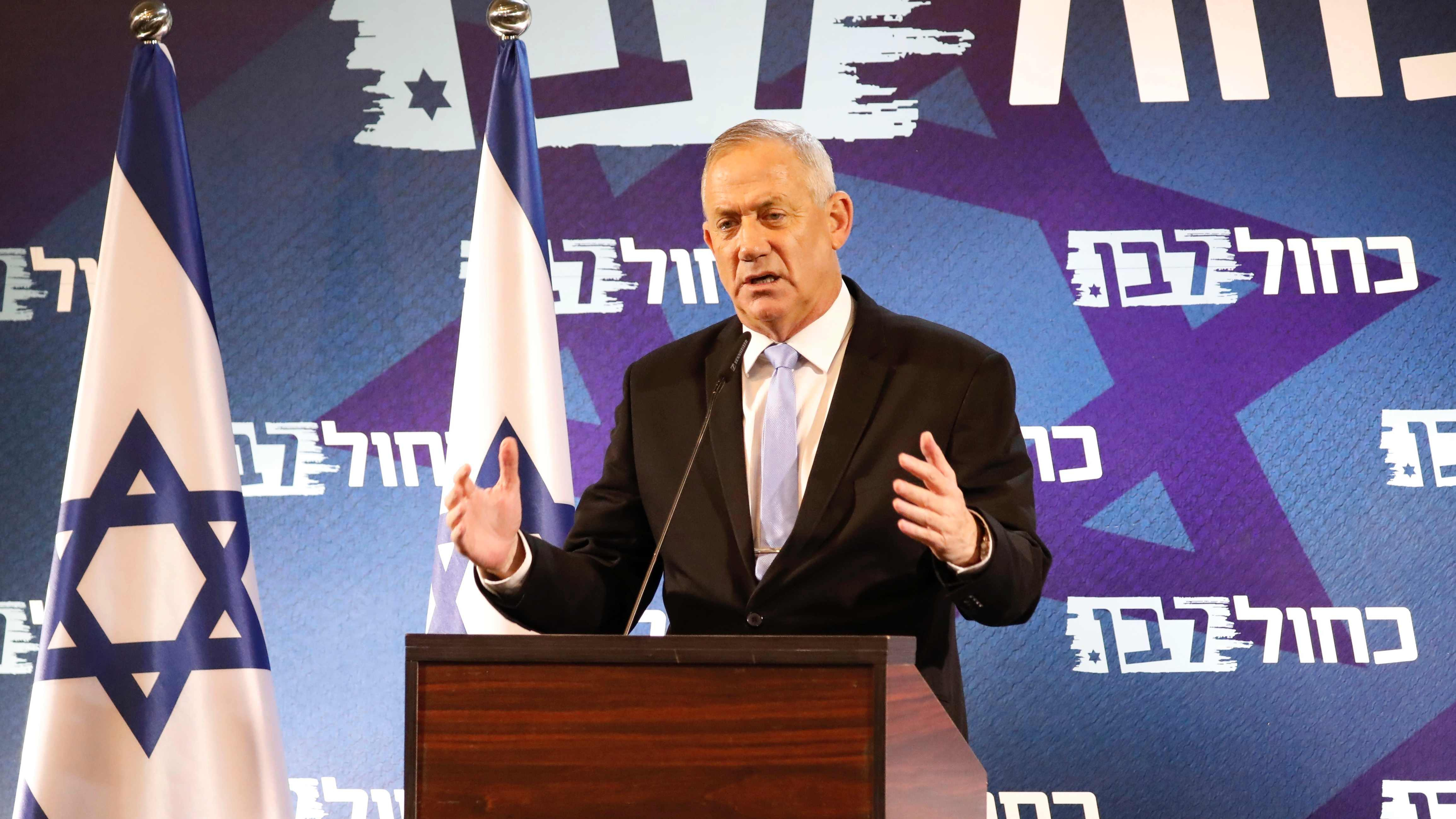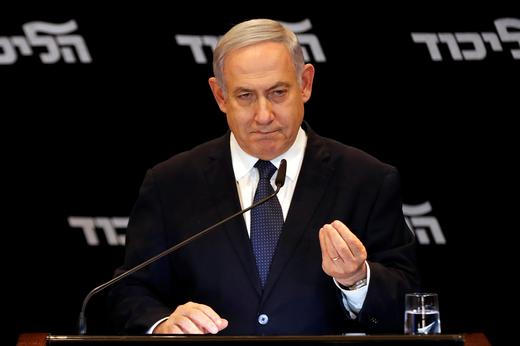Palestinian leaders threatened Sunday to withdraw from key provisions of the Oslo Accords, if U.S. President Donald Trump announces his Middle East peace plan.
Trump was scheduled to unveil the plan ahead of his meeting in Washington this week with Israeli Prime Minister Benjamin Netanyahu and his main political rival Benny Gantz, leader of the Blue and White party.
Though Netanyahu said he hopes to make history in Washington this week, the Palestinian leadership was not invited to the talks.
Rejection from Palestinians
The Palestinians have not been consulted on the deal, and they have pre-emptively rejected the Trump proposal.
Chief Palestinian negotiator Saeb Erekat said the Palestine Liberation Organization reserved the right to withdraw from the interim agreement of the Oslo pact if Trump unveils his plan. He said the Trump peace plan will turn Israel's "temporary occupation (of Palestinian territory) into a permanent occupation."
The Israeli-Palestinian Interim Agreement, signed in Washington in 1995, set out the scope of Palestinian autonomy in the West Bank and Gaza.

A Palestinian demonstrator scuffles with Israeli forces during a protest against U.S. peace plan, in the Israeli-occupied West Bank, June 25, 2019. /Reuters Photo
A Palestinian demonstrator scuffles with Israeli forces during a protest against U.S. peace plan, in the Israeli-occupied West Bank, June 25, 2019. /Reuters Photo
Hamas leader Ismail Haniya warned Sunday that Trump's plan would lead to renewed Palestinian resistance. He called for talks in Cairo with other Palestinian factions, including Fatah – led by Palestinian Authority President Mahmoud Abbas – in order to form a common response to Trump's plan.
Trump's 'deal of the century'
Trump's peace initiative, which he has dubbed the "deal of century," has been in the works since 2017, and its economic component was unveiled in June by his son-in-law and special adviser Jared Kushner. It called for 50 billion dollars in international investment in the Palestinian territories and neighboring Arab countries over 10 years.
Though the political component has been closely guarded, the plan is likely to tilt in Israel's favor.

Benny Gantz, Blue and White party leader, speaks to his party members in Tel Aviv, Israel, December 12, 2019. /AP Photo
Benny Gantz, Blue and White party leader, speaks to his party members in Tel Aviv, Israel, December 12, 2019. /AP Photo
Since Trump took office in 2017, he is widely regarded as a fierce defender of Israel's interests, seen by his moves of recognizing Jerusalem as Israel's capital, announcing that Israeli settlement in the occupied territories is in no violation of international law, and cutting American aid to the West Bank and Gaza Strip.
The peace plan is reportedly not going to contain the phrase "two-state solution," which has been the basis for previous peace plans from other administrations.
An eye on the Israeli election?
There is speculation that Trump had chosen to reveal his plan in support of Netanyahu's election bid. A vote is scheduled for March 2 in Israel after two previous election rounds failed to secure a required parliamentary majority.
Both Netanyahu and Gantz are scheduled to meet with Trump separately on Monday in the White House. On Tuesday, Netanyahu will meet Trump again for a high-profile meeting.

Israeli Prime Minister Benjamin Netanyahu delivers a statement to the media in Jerusalem, January 1, 2020. /Reuters Photo
Israeli Prime Minister Benjamin Netanyahu delivers a statement to the media in Jerusalem, January 1, 2020. /Reuters Photo
Netanyahu was charged late last year for fraud, breach of trust and accepting bribes. The Israeli Parliament is due to hold a hearing to discuss Netanyahu's request for immunity from criminal corruption charges this week.
The meeting with Trump is likely to shift press coverage from the corruption charges to the "deal of the century," giving one last electoral lift to Netanyahu, analysts say.
(With input from agencies)